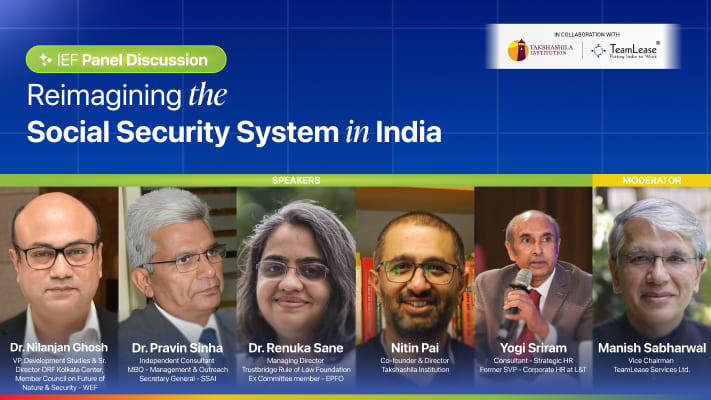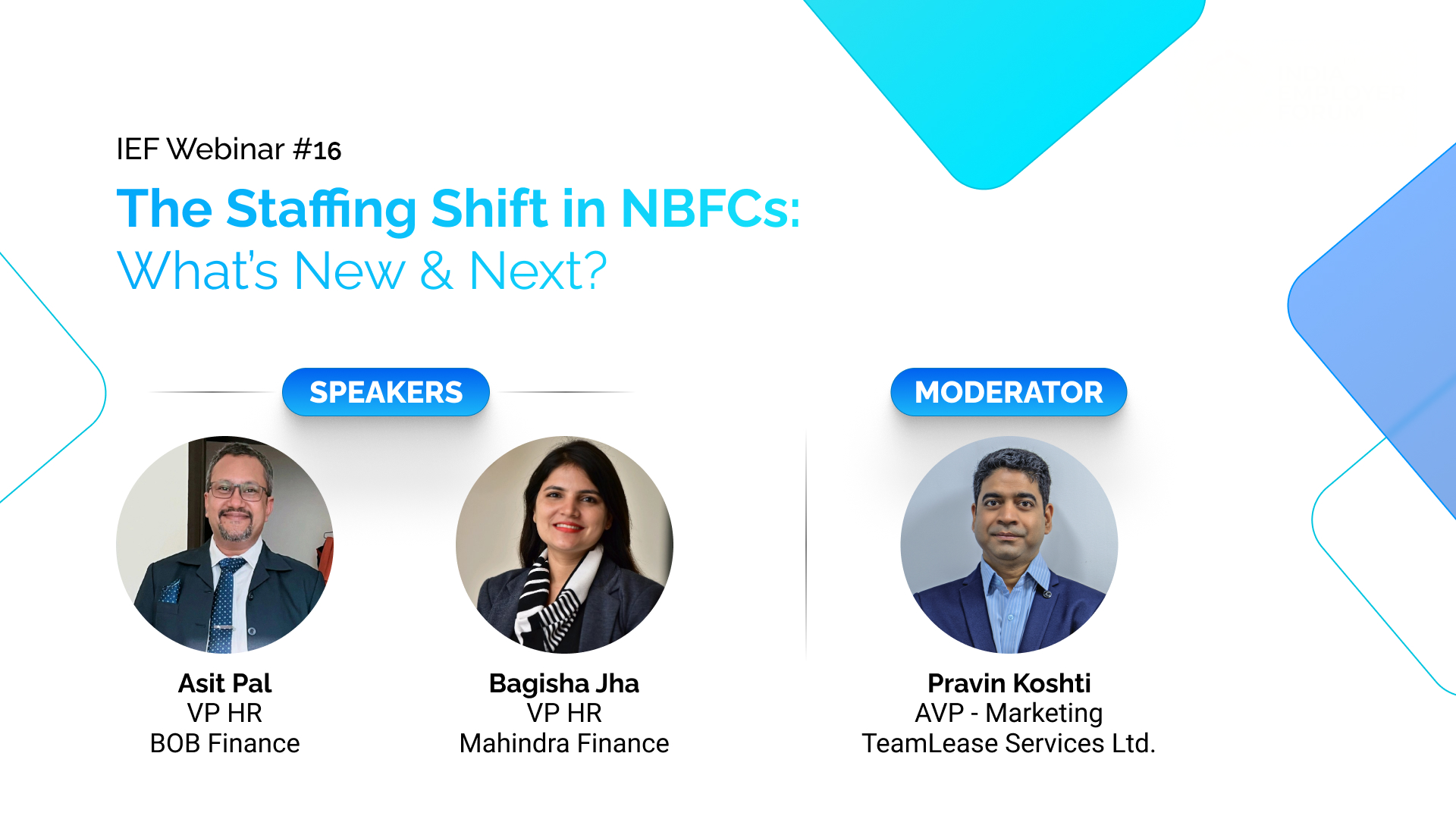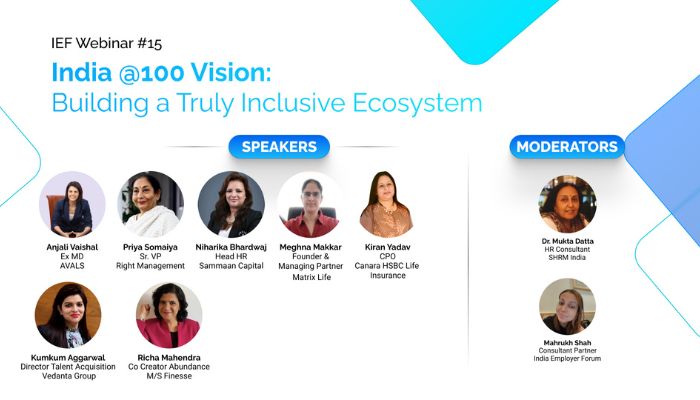India boasts of a labour force of around 500 million workers in both organised and unorganised sectors. Such a vast labour force provides ample opportunity to convert it into efficient human capital and reap the benefits of the demographic dividend. However, the biggest hurdle has remained an overwhelmingly bulky labyrinth of overlapping labour laws and regulations, which ironically fail to include all sections of the country’s labour force. Since 2019, the government has sought to implement significant reforms through four new labour codes – The wages, Industrial Relations Code Bill, the Code on Social Security Bill and the Occupational Safety, Health and Working Conditions Code bill.
There are significant expectations from these codes to take India into the 21st century by updating archaic laws related to labour, which have become redundant and have been handicapping our companies, including newer definitions and regulations as we enter a new world of work.
In the webinar on 17th May 2022, we had a productive discussion on these codes from a corporate perspective by getting insights into the expectations from the codes by eminent corporate leaders and discussing their impact on employers, employees and governance.
The webinar had three eminent industry experts who shared their views about the proposed new labour codes and their impact on corporate India. The entire session was moderated by Dr. Runa Maitra, Founder and Director of People Talent International.

To share his views on the topic, one of the speakers was Sudipto Mandal, CHRO, Star Cement Ltd. According to Sudipto, “The whole intention of this labour code is very progressive and futuristic from the point of view of three things; one is that it’s a simplification of the 29 labour laws that were brought in under four codes, so that’s one way of eradicating any such overlaps that we had and that was creating a lot of misinterpretation. Secondly, this is also looking at a kind of a win-win situation by way of creating a conducive business situation for industries, at the same time, we should also look at how are you going to stop any possible exploitations as frequent labour is concerned”.

The webinar also had Sriram V, CHRO, BankBazaar.com as speaker. Sriram comes from the BFSI sector and added valuable points to the discussion. He said, “In my understanding, by July, the security code and the occupational safety code will go live. There could be some discussions with the unions especially because there are some bonds, so the industrial relations and the wages code probably will go live in the next quarter. It’s not necessary that all the four codes have to grow together. In fact, the wages code was formulated in 2019 and the other codes are 2020 parliament pass, so they will come in in parts, and not in total.”

The third expert on the speakers’ panel was Sumit Sabharwal from TeamLease HRtech Solutions. Sumit made some very appropriate deductions. He said, “It’s not only for the organisations, but it’s also beneficial for all the workers, irrespective of their level. The enforcement of this in terms of compliance is very stringent, which will drive organisations to actually implement faster, and therefore, not only the employer, the employees and the government, but the overall economy will also benefit phenomenally with a very fast implementation of these new codes as soon as they are brought into momentum.”
The panel discussion ended with a Q&A session where members of the audience, mostly HR professionals from various companies, enthusiastically posed their doubts and queries to the panel members.
The India Employer Forum webinar on ‘New Labour Codes and Its Tripartite Impact on Employers, Employees & Governance’ was relevant for the time and had people who added value to the discussion by bringing in different perspectives.
View the entire session here: New Labour Codes and Its Tripartite Impact on Employers, Employees & Governance





